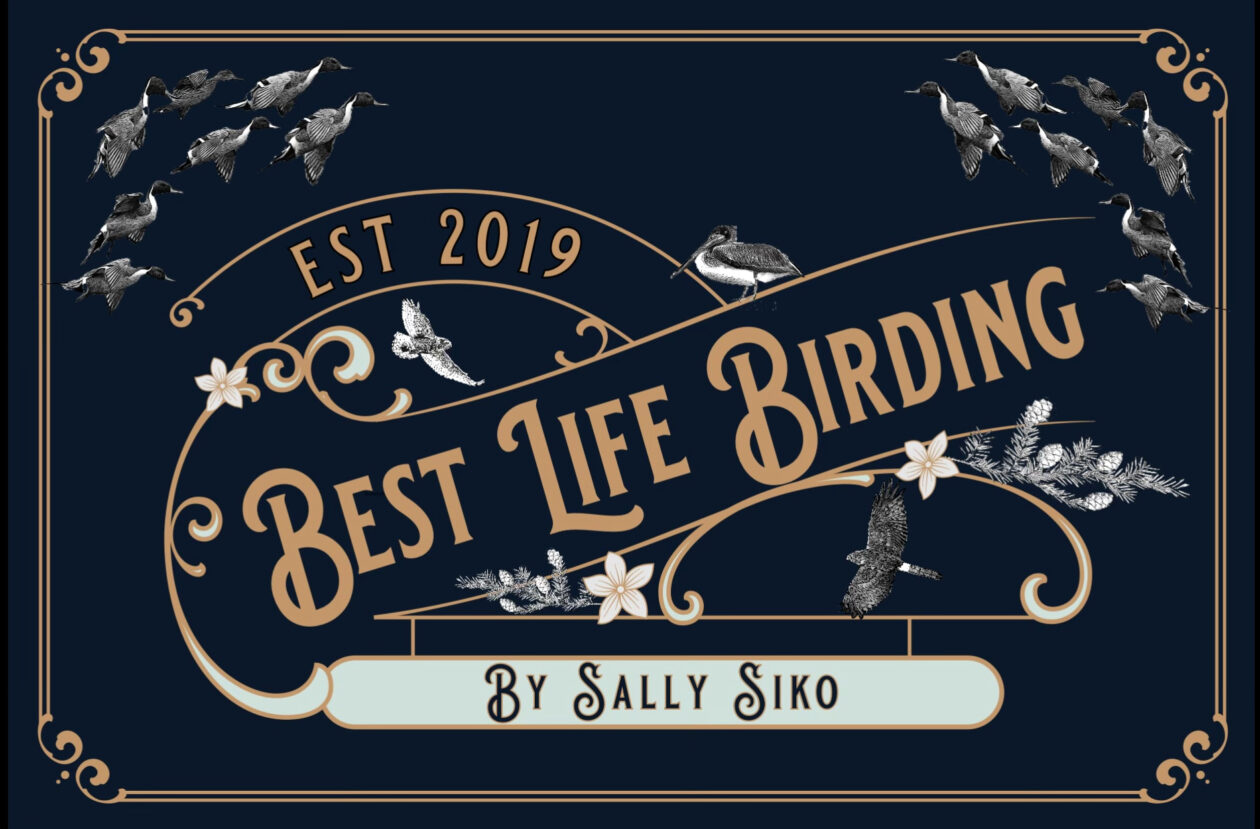By Sally Siko
The grass is greening up and the flowers are starting to bloom. Spring is on the way and with it, new species of warblers will soon be arriving in the eastern United States.
Soon the woods and fields will be filled with chirps, buzzes, trills and tweets as the birds sing in search of a mate and to establish nesting territories.
Warbler vocalizations fall into two categories – songs and calls. In general, we define bird song as a structured, usually complex vocalization serving either or both of two purposes – to defend territories and to attract mates.
Most of the songs are sung by the males, though females do also sing territorially or for pair bonding, especially in the tropics.
Generally their calls are usually shorter and structurally simpler, serving a wider range of functions, including courtship, signaling alarm, or communicating a change in location.




Interestingly, almost no songbirds know their songs by instinct. Rather, most need to learn to sing.
Warblers begin learning songs as nestlings by hearing the songs of adults nearby. In this way, song traditions (known to biologists as “memes”) are passed down in songbird neighborhoods from year to year.
In fact many warbler species have area-specific dialects.
Makes me wonder if our warblers have a southern accent lol!




I can’t wait for spring migration to kick off! It’s so much fun to lead my birding tours, showing off these beautiful feathered gems to my guests.
I’ve got 80 new tour dates available for booking in the Carolina’s as well as in eastern New Jersey and coastal Maine.
If you’d like to join me to go birding this spring, check out the calendar shown below for location and date information.
Feel free to send me an email if ya have any questions about upcoming trips too!
Happy birding-
Sally
Photos by @sally_siko of @bestlife_birding on my mighty mirrorless monster, the @canonusa #R5

